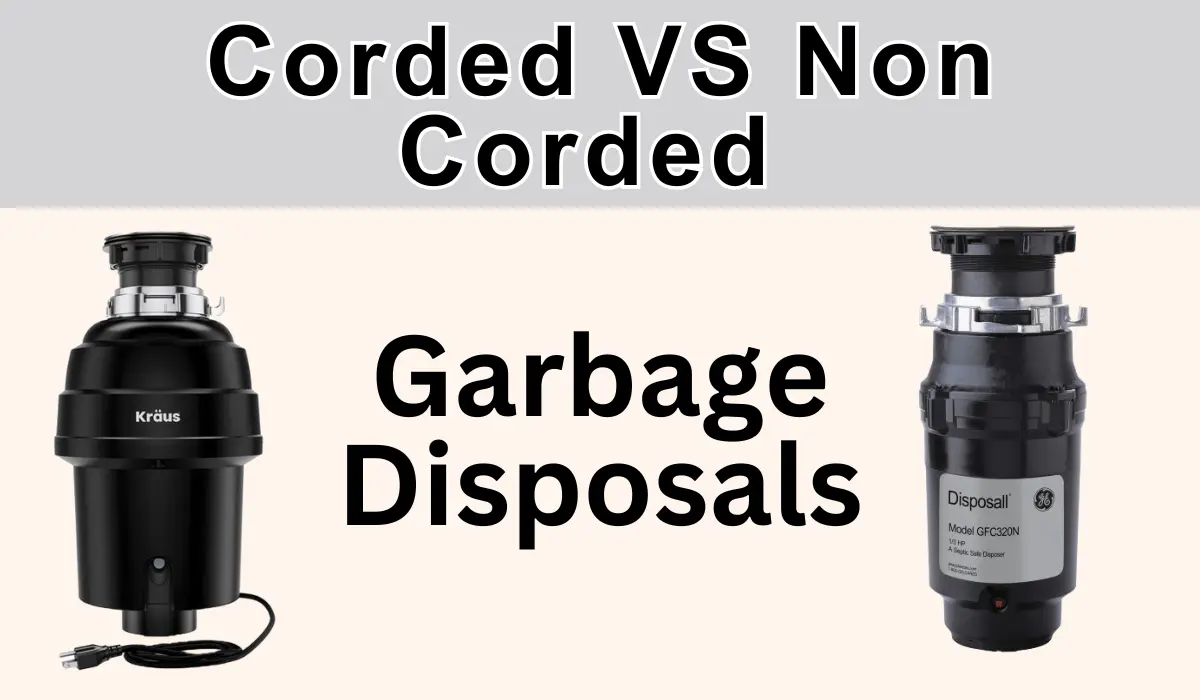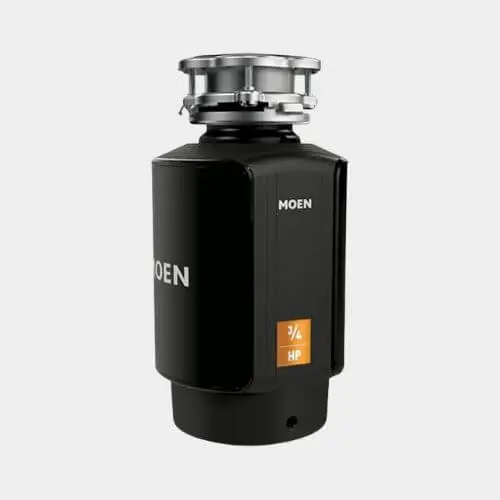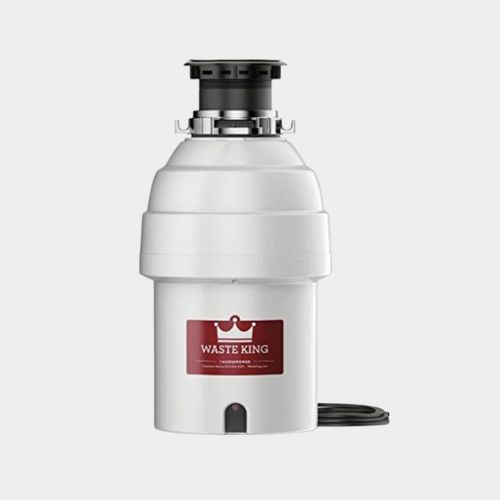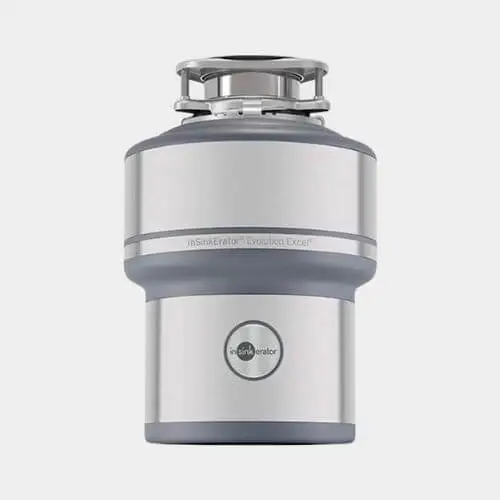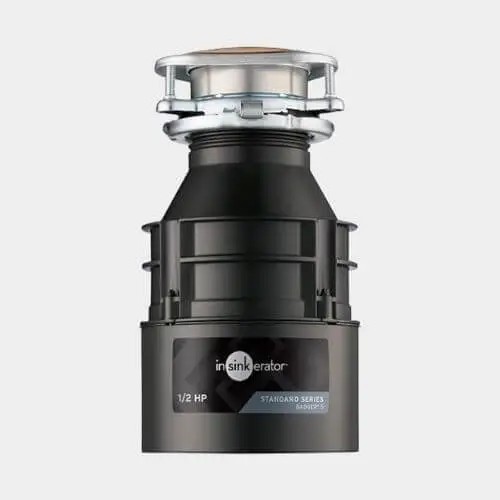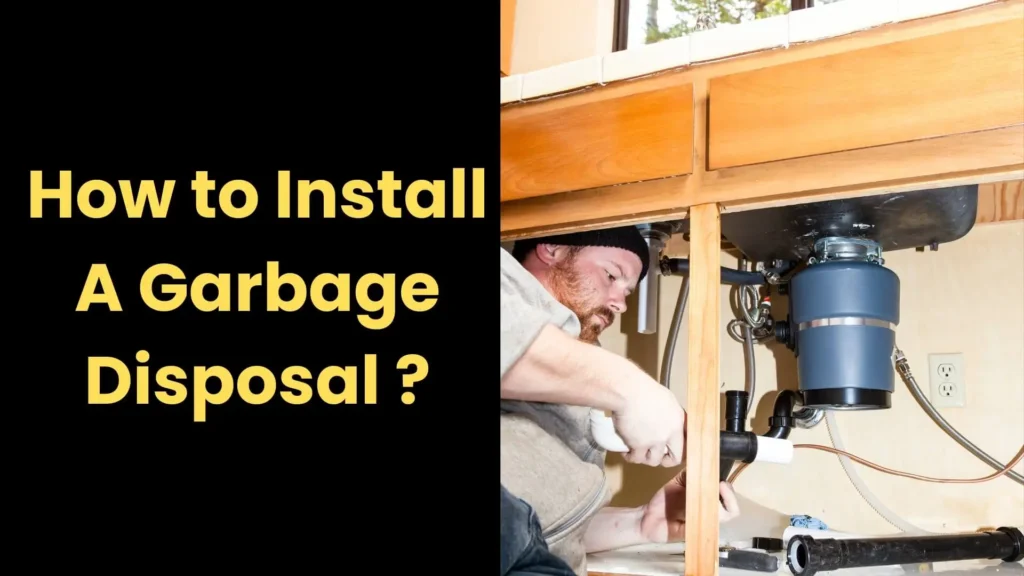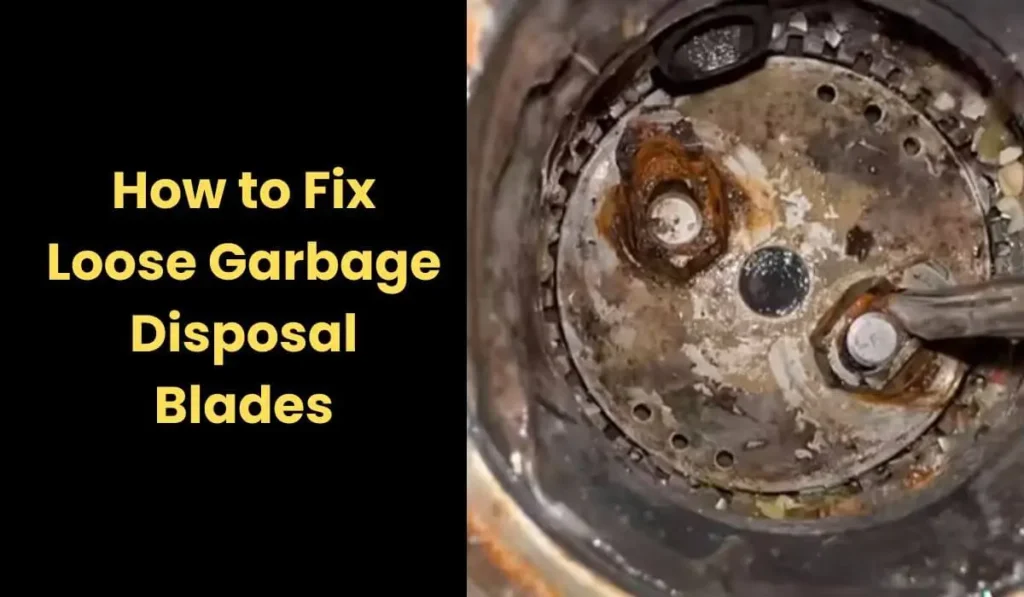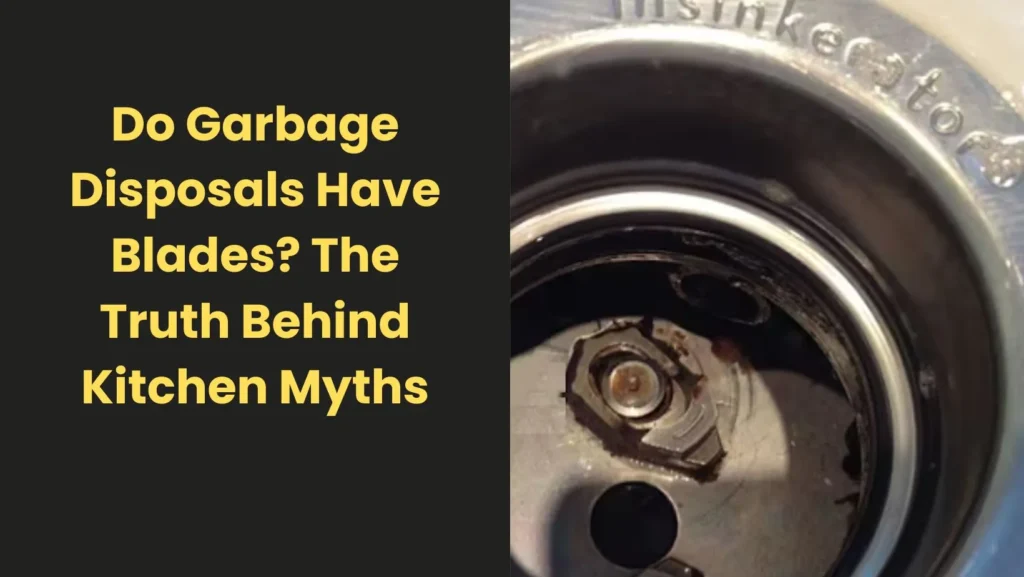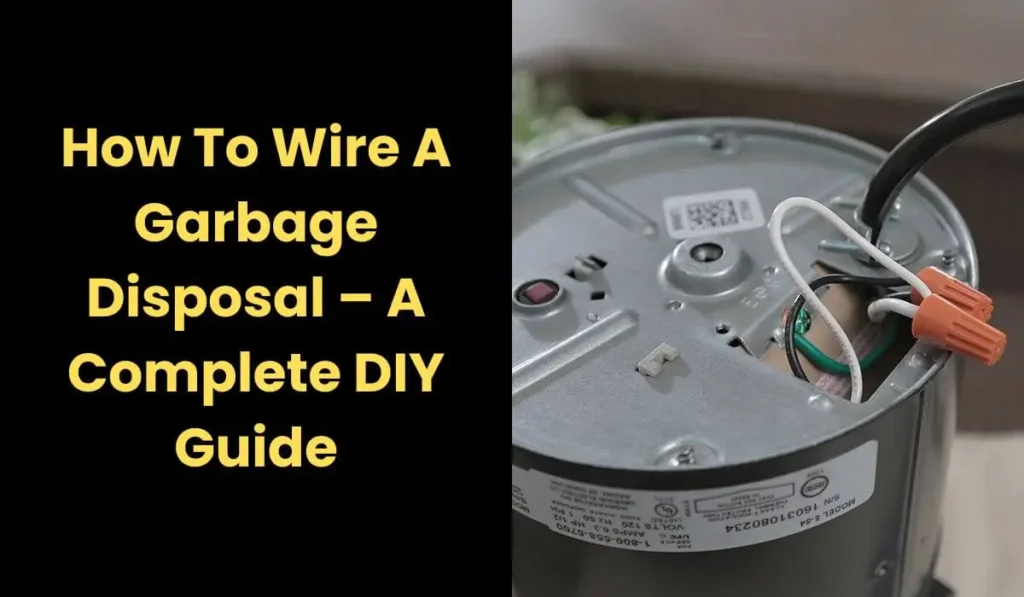Corded vs. Non-Corded Garbage Disposal: Choosing the Best for Your Kitchen
Setting up your kitchen is full of small decisions that add up to make it just right for you. One of those choices is picking a garbage disposal. It might not seem like a big deal, but getting the right one can really make life easier.
In the garbage disposals, there are two main types: corded and non-corded. Both have their own benefits and things to consider. It’s not as simple as just picking one and plugging it in. You have to think about what fits best with your kitchen. The best garbage disposal is the one you don’t have to fuss over – it just does its job without any hassle. Let’s figure out which type of garbage disposal is the best match for your kitchen.
evoloution of garbage disposals
Garbage disposals have improved a lot since they were first invented. Initially, they were simple devices meant to make kitchen clean-up easier by grinding up food waste. Over the years, they’ve evolved significantly in terms of design, efficiency, and user-friendliness.
Today, we’ve arrived at two main types of garbage disposals: corded and non-corded. The corded garbage disposals are pretty straightforward – they come with a power cord that you plug into an outlet, making installation a breeze. On the other hand, non-corded models need to be directly wired into your home’s electrical system.
Corded Garbage Disposal

Corded garbage disposals are super easy to use. They come with pre-installed power cord that you just plug into an outlet under your sink, kind of like plugging in a toaster. Corded disposal units are great for larger households with regular use. If you already have electrical outlet under your sink then corded disposals are your best choice.
The best thing about these disposals is how easy they are to get going. You don’t need to be an electrician or even very handy. Just put it under your sink, plug it in, and you’re all set. It’s also perfect for DIYers or anyone looking to cut down on extra costs.
Long-Term Reliability and Efficiency
Corded garbage disposals are pretty solid because they plug right into your power source. This means they usually run smoothly without any hiccups related to the power. You don’t have to stress much about them breaking down or needing a lot of fixes because of electricity issues.
Examples of Corded Garbage Disposals
Pros and cons of corded garbage disposals
Pros
Cons
Non-Corded Garbage Disposal
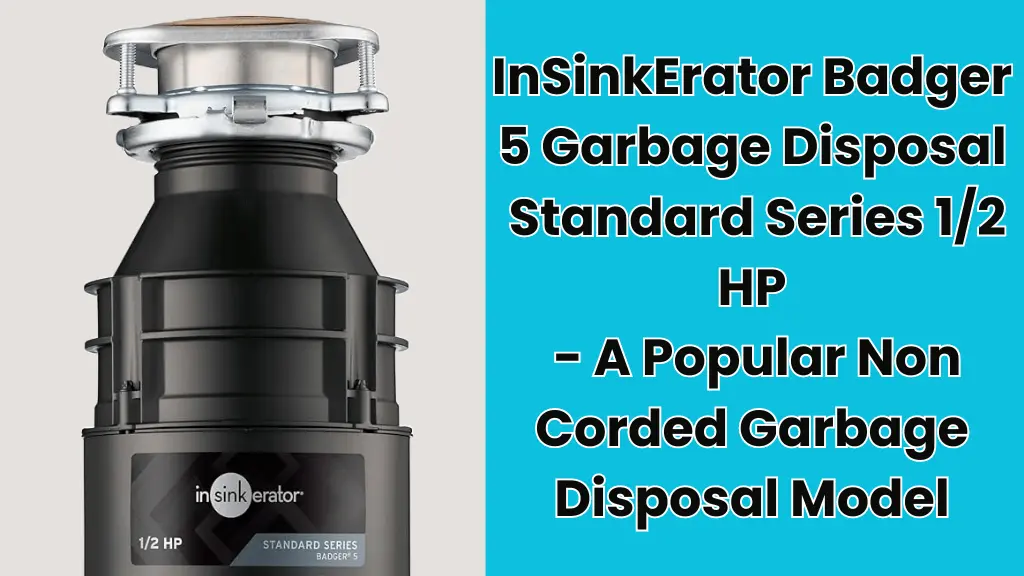
Non-corded garbage disposals are a bit different from corded garbage disposals. They don’t come with a pre-attached power cord. Instead, they need to be wired directly into your home’s electrical system. Non-corded models are ideal for smaller spaces or for those seeking a portable option.
One of the things that sets non-corded disposals apart is their installation flexibility. This can be pretty cool because you can put them anywhere without worrying about reaching an outlet, making everything look neater.
But, getting these set up is a bit more work. You’ll probably need to get an electrician to handle the wiring to make sure it’s all done safely and correctly. It’s an extra step and might cost more, but if you’re after that clean, cordless look, it could be worth it.
Portable and Eco-friendly Options
So, with non-corded garbage disposals, you’ve got the freedom to install them wherever you want in the kitchen, no need to worry about being close to a plug. This can give you a bit more wiggle room when you’re figuring out your kitchen layout. And if you’re someone who likes to keep things eco-friendly, these disposals might be up your alley since they tend to use less power.
If you’re trying to decide between a corded or non-corded disposal and want to know what’s best for your home, we’ve got more details and tips in our article.
Garbage Disposals: Are They Really A Universal Fit For Every Home?
Examples of Non Corded Garbage Disposals
Pros and cons of Non-corded garbage disposals
Pros
Cons
Corded vs. Non-Corded Garbage Disposal: Understanding the Differences
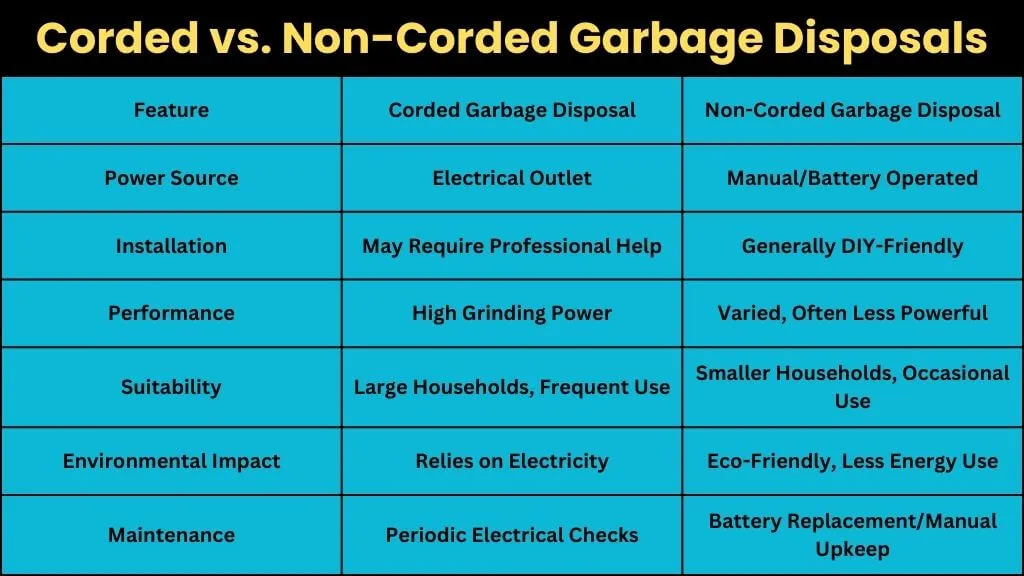
The differences between corded and non-corded disposals extend beyond just their power source. They differ in installation requirements, maintenance needs, and even in their environmental impact.
Installation Differences
If you’re into DIY, you’ll probably love the corded garbage disposals. They’re super easy to handle. Just find a spot under your sink, secure the unit, and plug it into the wall. Pretty much anyone can do it with a few simple tools and a bit of DIY spirit.
But with the non-corded ones, it gets a bit trickier since they need to be wired into your house’s electrical setup. That’s usually not a DIY kind of job, so you might need to get an electrician to do it for you. It’s a bit more of a hassle and might cost more, but the upside is you won’t have any cords cluttering up the space under your sink.
Maintenance and Longevity
No matter if you have a corded or non-corded garbage disposal, you’ll need to keep up with some regular care to keep it running smoothly.
For corded ones, you might want to check the electrical bits now and then to make sure everything’s safe.
With non-corded ones, you might have different things to look out for, like making sure any batteries are good or that everything’s working right if it’s manual.
If you face issues like loose blades, our article How to Fix Loose Garbage Disposal Blades offers practical solutions.
Noise Levels in Different Models
When it comes to noise, it’s something to think about. Corded garbage disposals, especially the ones that are really powerful, can get pretty loud. If you’re looking for something quieter, non-corded disposals might be more up your alley.
Lots of people really like it when their disposal doesn’t make too much noise.
Cost Comparison: Weighing Your Options
Corded disposals are usually less expensive and pretty easy to put in yourself, which can save you some cash. If you’re okay with a little DIY, you might not have to pay anyone for the installation.
Non-corded ones might cost more from the start. And because they need special wiring, you’ll probably need an electrician to install it, which adds to the cost.
Making the Right Choice
Choosing the right garbage disposal comes down to a few key factors. Think about your budget first. How much are you willing to spend? Remember, the cost isn’t just about buying the disposal. If you go for a non-corded model, you might also need to pay for installation.
Next, consider your kitchen’s layout. Do you have easy access to an electrical outlet under your sink? If not, a non-corded disposal might be better since it doesn’t need to plug in. But, if you’re going for that sleek, cord-free look and don’t mind the extra installation step, a non-corded model could be worth it.
Conclusion
So we’ve talked about corded disposals, which are budget-friendly and easy to install. On the other hand, non-corded disposals offer a cleaner look and more flexibility in placement, though they might require professional installation.
Think about how much you want to spend, how your kitchen is set up, and what matters most to you before you choose. Whether it’s how easy it is to install, how loud it is, or how it looks, there’s definitely a disposal that’ll fit just right in your kitchen.
FAQ‘s
The Author

Muhammad Nabeel Dar has worked in the waste management industry for over 10 years, specializing in residential waste systems and kitchen efficiency solutions. He writes about practical home improvements, cost-effective appliance choices, and sustainable waste management practices that help homeowners make informed decisions. His hands-on experience with both commercial and residential waste systems provides unique insights into what actually works well in real-world home environments versus what just sounds good in marketing materials.

